According to the report "2020 Annual Review of Tall Buildings" released by CTBUH, China currently has 2,581 high-rise buildings over 150 meters, of which 861 are over 200 meters, and 99
super high-rise buildings over 300 meters, maintaining the first place in the world in all three indicators.
There is no doubt that China ranks first in the world in the construction of high-rise buildings!
However, high-rise buildings have a certain degree of closure, complex internal structure, dense personnel, the higher the height, in the event of fire escape and evacuation of the more
difficult,
so the high-rise buildings, especially ultra-high-rise buildings need to attach great importance to the systematization and standardization of building fire prevention.
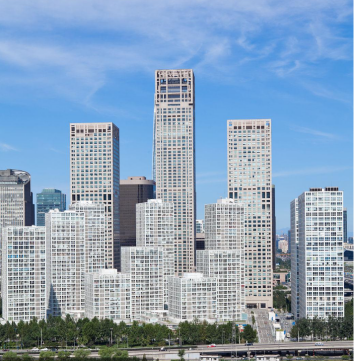
Smoke is a major contributor to casualties in building fires. Smoke carries toxic gases and micro-particles at higher temperatures, posing a great threat to human life. The purpose of the
smoke control system is to remove a large amount of smoke generated by the fire in a timely manner, to prevent the smoke from spreading outside the smoke partition, to ensure the smooth evacuation of people in the building and safe refuge, and to create favorable conditions for fire rescue. But whether the fire smoke pipe insulation is needed has been a matter of great concern.

When a fire generates a large amount of smoke, smoke ducts can effectively control the smoke and discharge it outside, effectively protecting people's lives and properties. However, smoke
ducts do not have heat dissipation and insulation properties.
Previously, Changsha Telecom Building, in the fire maintenance project - fire alarm, smoke evacuation system of the bidding announcement mentioned that "the current Lotus Garden Building fire
fighting equipment exists over the period of operation, part of the equipment settings do not meet the current national standards and norms, fire alarm system, smoke evacuation system still exists
a large security risks.
According to GB51251-2017 "Building Smoke Prevention and Exhaust System Technical Standards" requirements: smoke pipes should be made of non-combustible materials; smoke pipes and their connecting parts should be able to ensure their structural integrity at 280 ℃ for 30min continuously; for the smoke pipes set in different parts of the fire-resistance limit of 0.5 ~ 1.5 hours of the requirements; when there are combustibles in the ceiling, the smoke pipe in the ceiling should be insulated with non-combustible materials and should be kept at a distance of less than 150mm from combustibles. When there are combustible materials in the ceiling, the smoke pipe in the ceiling should be insulated with non-combustible materials and should be kept at a distance of not less than 150mm from the combustible materials.
It can be seen from the above regulations that when there are combustible materials in the ceiling, the smoke ducts need to be insulated, and for the other fire exhaust ducts insulation has not been
specified as a mandatory requirement. However, it is required that the fire exhaust pipe should have fire-resistant performance, therefore, it can be considered that the fire exhaust pipe insulation is
in line with the requirements of the regulations.
Anti-smoke pipe insulation treatment is best to choose flexible A-class non-combustible with aluminum foil insulation materials, flexible materials can be easily cut to make construction convenient;
A-class non-combustible materials can increase the fire safety of smoke pipe fire resistance; insulation materials with aluminum foil can be used as a protective layer of thermal insulation materials
to reduce the protection process of the insulation layer of the anti-smoke duct and play a role in waterproofing, moisture-proof, dust-proof, heat dissipation, heat insulation and so on.
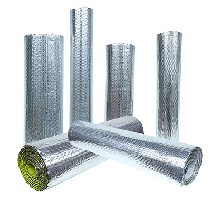
Recommended for you--XCGS's new thermal insulation material, using composite sandwich structure design, the inner and outer layers are aluminum foil multilayer composite material, the middle layer is PE polyethylene air bubble/XPE foam, this design makes the product has a very good barrier and thermal insulation efficacy. 2013 passed the Australian authority AWTA fire prevention and insulation performance of the highest level test, is recognized as the ideal material for fire prevention and thermal insulation at home and abroad. In 2013, it passed the highest level test of AWTA, an authoritative organization in Australia, and is recognized as an ideal material for fireproof and heat preservation at home and abroad.
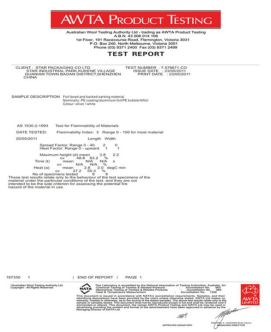
As a heat insulation material for metal ducts, XCGS's aluminum foil heat-insulating material meets the specified fire-resistance time limit, is durable, and has low maintenance cost.
In case of fire, the fire exhaust duct system using XCGS's aluminum foil heat-insulating material can effectively reduce the speed of fire smoke intrusion into stairwells, anterior rooms, refuge floors
(rooms) and other spaces, providing valuable time for evacuation.

















































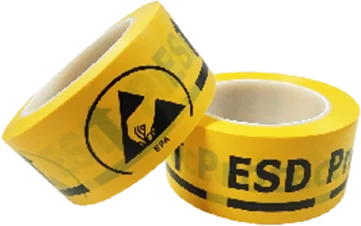

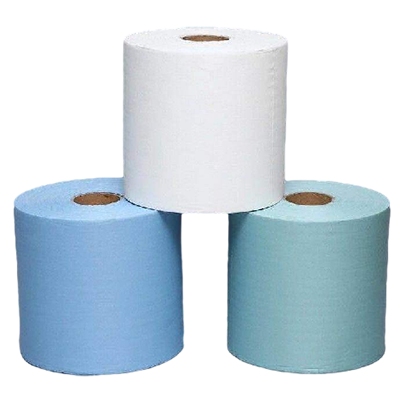

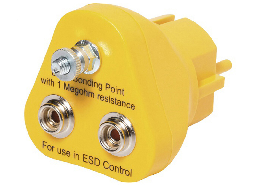

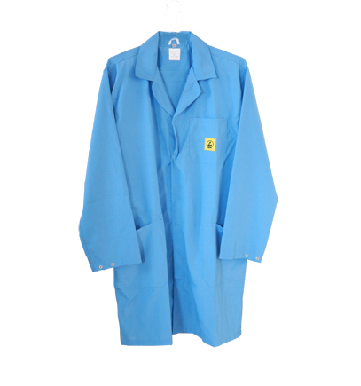
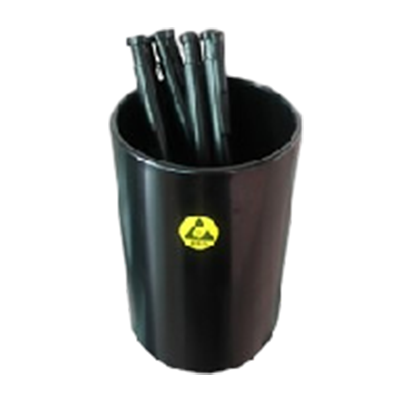


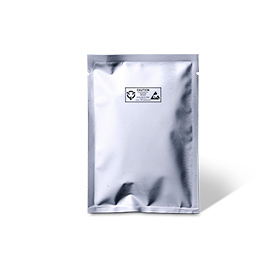
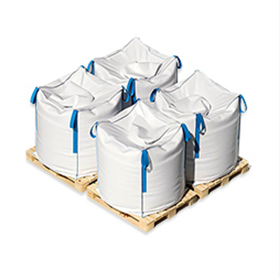









































 18915559236
18915559236 xcbxa@xcgs.com
xcbxa@xcgs.com